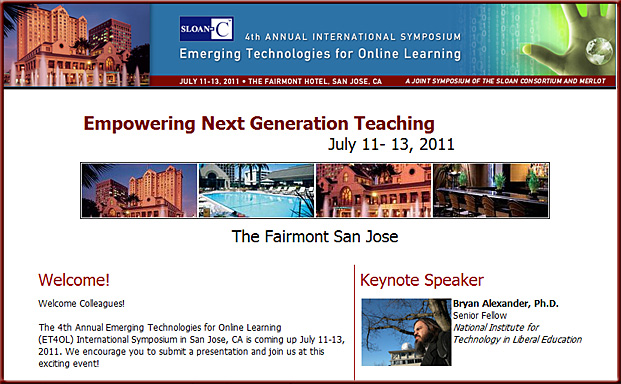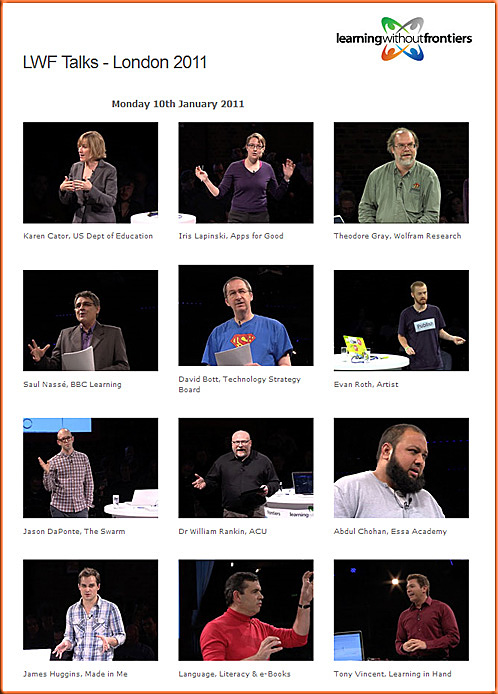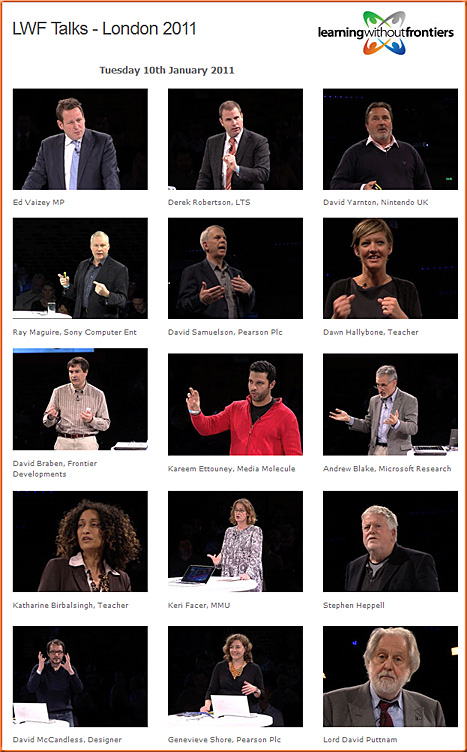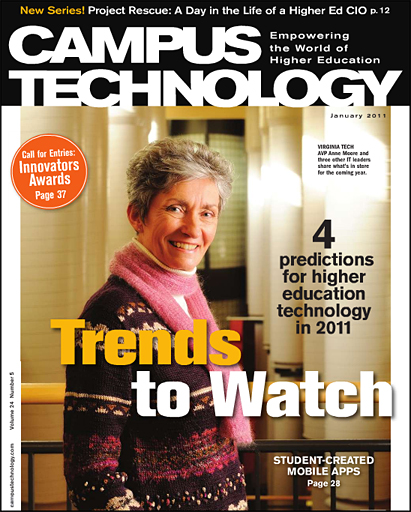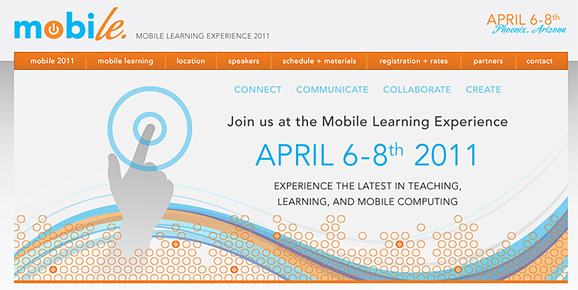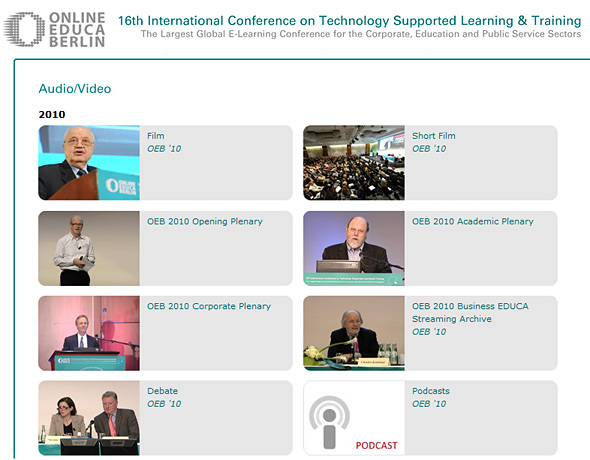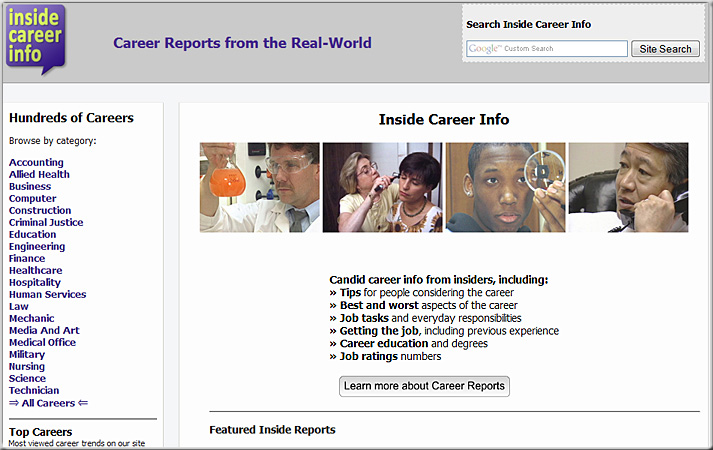.Some of the sessions being offered include:
- Innovative Assessment Techniques
- Teaching the Nontraditional Adult Learner
- Designing Educational Experiences that Promote Deep Learning
- Developing an Academic Honesty Program that Works
- Modeling Writing for Developmental Learners
- Computers in the Classroom: Evidence of Student Engagement (Not Distraction)
- Fostering Student Engagement in Online Learning Environments
- Integrating Emerging Technology in the Classroom and Beyond
- Setting Up Your Hybrid Course for Success
- Engaging Millennial Students in the Basic Course
Simple tools for digital classroom — from November Learning by guest blogger Geoff Gevalt
The hardest thing for teachers to do is make the transition from paper and pencils to online media: Not enough computers, not enough knowledge, not enough time and a whole new way of doing things. We work with hundreds of teachers in the same situation and we offer this advice:
- Take small steps.
- Find a couple of tech-savvy kids in each of your classes to help.
- Explore the digital world on your own.
- Seek out people in the school or in professional development spheres to mentor you.
- Don’t be afraid to fail.
- Don’t be afraid if you don’t have all the answers – your kids will help.
Teacher Knowledge — Exploring, a few links…
The Learning Ecosystem — from Chief Learning Officer by Mal Poulin
“Without a sustainable, user-friendly and easily implemented plan to capture and spread information between employees, technology is just hardware and software.”

- Environments, cultures, organizations, and methods that support workplace learning and performance. It’s not about the software; it’s about what they do with it.
- Strategies, processes, and tools to enable learning in every aspect of the business or operation. The goal is to yield front-line performance improvements that result in customers who notice and come back for more products and services.
— information per William Lefavour
Inside Career Info is a searchable collection of hundreds of candid career reports written by “insiders”, successful professionals who are actually doing the job. Each of the 600 reports on the site contains:
- A description of what actually happens in the job
- What each professional likes and dislikes about his/her career
- Tips and advice for getting into the career and succeeding
- Education and previous experience relevant to the career
- Insights and other information that may not be obvious to an outside observer
We’ve been gathering these career reports over the past year through fund-raising programs with a variety of non-profit organizations, such as parent-teacher organizations. We are continuing to add to our collection to expand the richness and breadth of our coverage.
All of the reports are available at no cost and with no registrations.
55 important technology terms you should know if you are starting a new job — from Diane Hamilton









